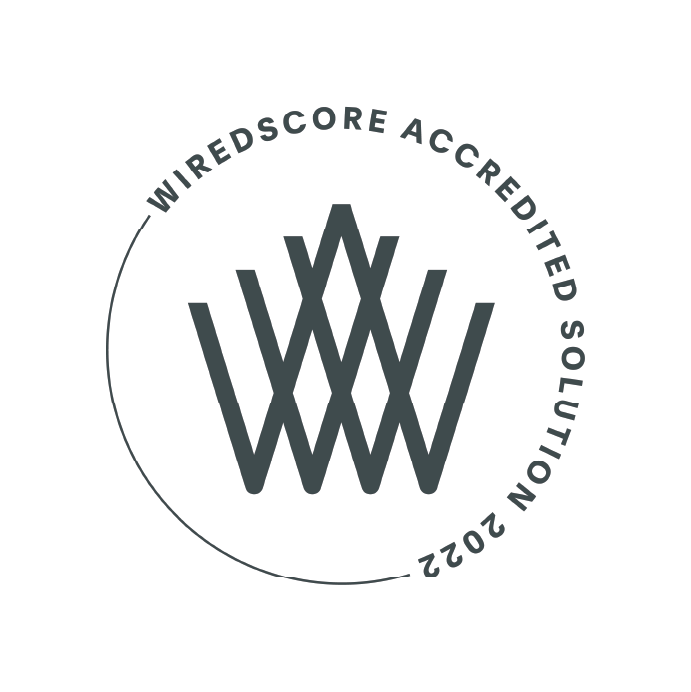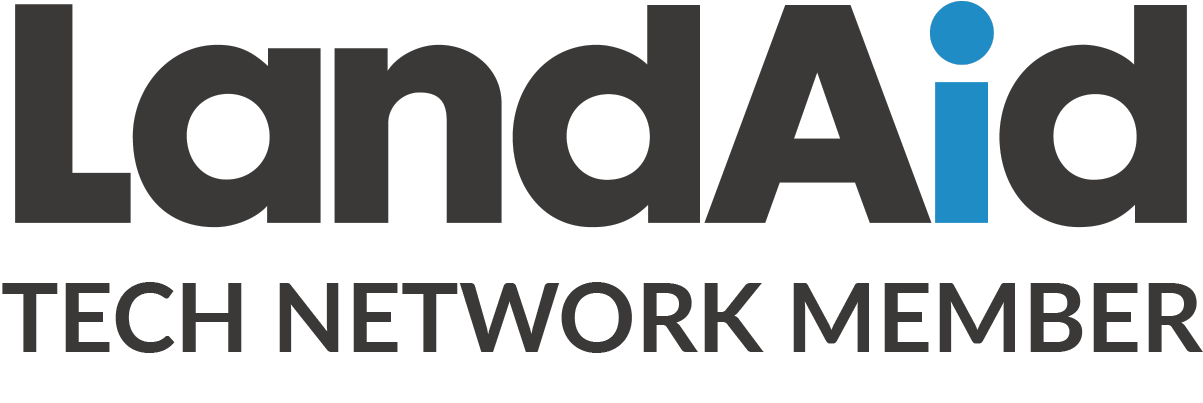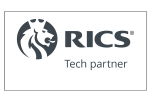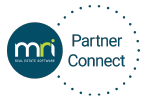Pest control is of vital importance to the hospitality industry. The failure to control pests can have dire consequences for businesses, not least the legal repercussions. Poor pest management can also lead to a drop in a company’s food hygiene rating, which in turn can lead to a loss of business, fines, damaged brand reputation, and premises closures.
However, what was once a complex problem that needed to be solved through simple means is now becoming much easier to manage. Technologies designed for many purposes in pest control and pest management are improving all the time, becoming easier to use, more affordable, and increasingly effective.
The importance of pest control in hospitality
Maintaining a high standard of pest control and pest management is no small matter for businesses in the hospitality sector. Despite the horror stories we see in the press and hear from others, it’s something taken seriously by most businesses, with the biggest brands and organisations going above and beyond to ensure that they remain compliant at all times. Well, this isn’t always true.
One particularly high profile case of poor pest control that led to a significant financial loss occurred in 2016, when a popular branch of Burger King in Paddington, London, closed after a rat infestation was discovered by health inspectors.
Burger King typically operates on a franchise model, with franchisees running one or many outlets. In this case, the standards set by Burger King had seriously lapsed, with customers noticing that the health and safety measures in their local branch were well below standard.
Soon after, the local council all but sealed the fate of that branch when it served a notice after finding numerous failures in the fast-food giant franchise’s pest management, leading to the restaurant’s closure not long after.
Burger King has had its fair share of reputational damage over the years due to poor health and safety, some of which are well and truly lodged in the public consciousness to this day. And, as any business owner in the hospitality industry will know, the cost of poor pest control can be more than just financial; a serious hit to brand reputation can leave a mark on a business for a long time. When reputation suffers, so too do profits.
The question is, then, how do businesses in the hospitality industry overcome these pest control problems to preserve brand reputation and income?
Pest control technology
While it’s true that technologies like electronic bait stations, sonic wands and thermal imagery have changed the way we monitor and treat pest control problems, it’s really the way we integrate these tools to gain insight that has taken things to the next level.
Going beyond simple observations to capture data over time can aid in the decision making process in the short, medium and long term. Facility managers or property owners can now stamp out any developing issues much quicker with the proliferation of technologies like artificial intelligence (AI) and the internet of things (IoT), which have dovetailed neatly with monitoring tools and sensors. They can also use these insights to establish shortcomings in the overall process.
While this is beneficial for individual inspectors and individual sites tasked with upholding health and safety standards in the hospitality industry, centralising the entire process can take it to the next level, helping with the overarching goal of establishing consistent standards in training, monitoring and treating across multiple sites, facilities or outlets.
Centralising pest control management
Proactive tactics like facility maintenance and sanitation, to stop pest problems in the first place, are the best course of action. But to achieve this, communication is key. Centralising your efforts across multiple sites using pest control software can help foster a consistent, reliable and trusted brand reputation.
“A joined-up approach is absolutely essential, and in particular, everybody needs to know what their roles and responsibilities are in relation to pest control: pest control is actually everybody’s responsibility.”
Dr Lisa Ackerley, Chartered Environmental Health Practitioner
[Source]
To achieve this, the core objective should be delivering a high standard of control, prevention and management. Using an integrated pest management (IPM) software to schedule, track and manage pest control in real-time is the optimal way to ensure the process is cohesive, consistent and effective.
Effectively capturing and communicating data using an IPM software can help businesses answer key questions like:
- Do we have a pest control contract with a reputable provider?
- Are our staff trained in identifying pests and acting on pest control measures?
- Do our job descriptions and responsibilities include pest control vigilance?
- Are we carrying out external audits to ensure compliance?
- Do we conduct internal pest inspections in your unit, area, or region?
- What is our process for taking action if a pest problem is identified?
- Do our cleaning and health & safety measures have clear pest control guidelines?
- How do we coordinate with the facility manager, property owner, pest management or building maintenance?
Technology is undoubtedly changing the way we communicate. In the early days, when mobile data capture was first introduced, pest control became a lot easier to manage. But as the world around speeds up, so too must our processes.
Capturing data, storing it in the cloud for easy access, and acting on the insights has made it possible for us to maintain efficiency, with the latest advancements in integrated pest management enabling stakeholders to capture evidence and communicate in real-time.
The pest control industry is beginning to grasp the opportunity this new technology affords, improving the reputation, quality and bottom line for businesses in the hospitality industry. Will you?
See how our Pest Control Software can help your business.










